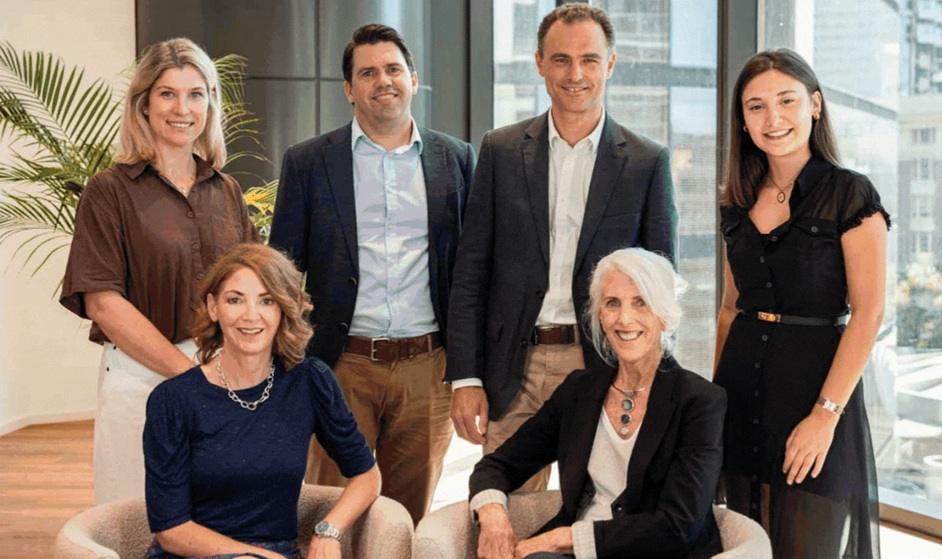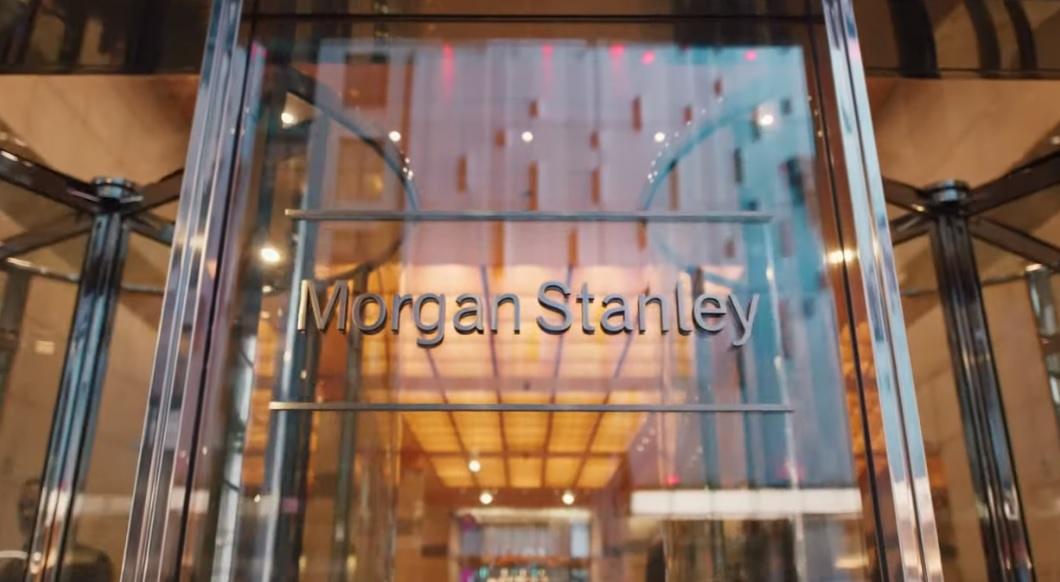BNP Paribas AM Launches Fund Targeting Sustainable Urbanization Opportunities in Asia
BNP Paribas Asset Management (BNPP AM) announced today the launch of the BNP Paribas Sustainable Asian Cities Bond fund, a new income fund aimed at providing investors with exposure to the multi-decade growth opportunities offered by sustainable urbanization in Asia.
According to BNPP AM, the new fund is the first Asia-focused fixed-income strategy in the market classified as SFDR Article 9.
Xuan Sheng Ou Yong, Green Bonds, and ESG Analyst at BNPP AM, said:
“This is a focused and relevant theme to the future of Asia. The region already accounts for more than half of the world’s population, and will likely experience increased urbanisation in the decades to come. Coupled with expected higher frequency and intensity of physical climate change impacts, we see great urgency for Asian cities to undergo sustainable change.”
BNPP AM stated that the new fund provides investors exposure to a both regional and thematic strategy, while also contributing to the promotion of sustainable Asian cities to meet the challenges of rising urbanization, the impacts of physical climate change, and inclusive growth.
The fund’s portfolio selection process follows a two-pronged approach. The fund will invest in sustainable labeled bonds that finance projects and activities aligned with aspects of sustainable cities, including clean transport, renewable energy, or healthcare infrastructure, as well as in bonds from issuers contributing to aspects of sustainable cities, such as ESG-screened issuers who generate at least 20% of their revenue from operations that directly contribute to smart grid technology goods or real estate developers.
Jean-Charles Sambor, Head of Emerging Market Fixed Income at BNPP AM and Portfolio Manager of the BNP Paribas Sustainable Asian Cities fund, said:
“The BNP Paribas Sustainable Asian Cities fund is a continuation of BNPP AM’s success within sustainable thematic solutions and the launch is in response to client demand. We believe that the need for infrastructure development capital in Asia to make cities more sustainable is secular and long-term, taking place over several decades, rather than being a passing fad.”





